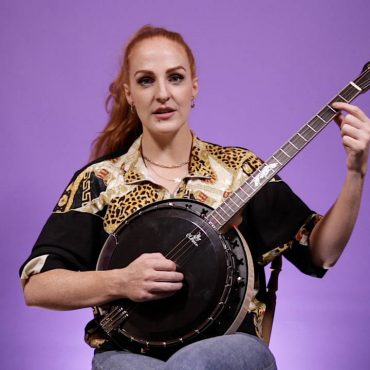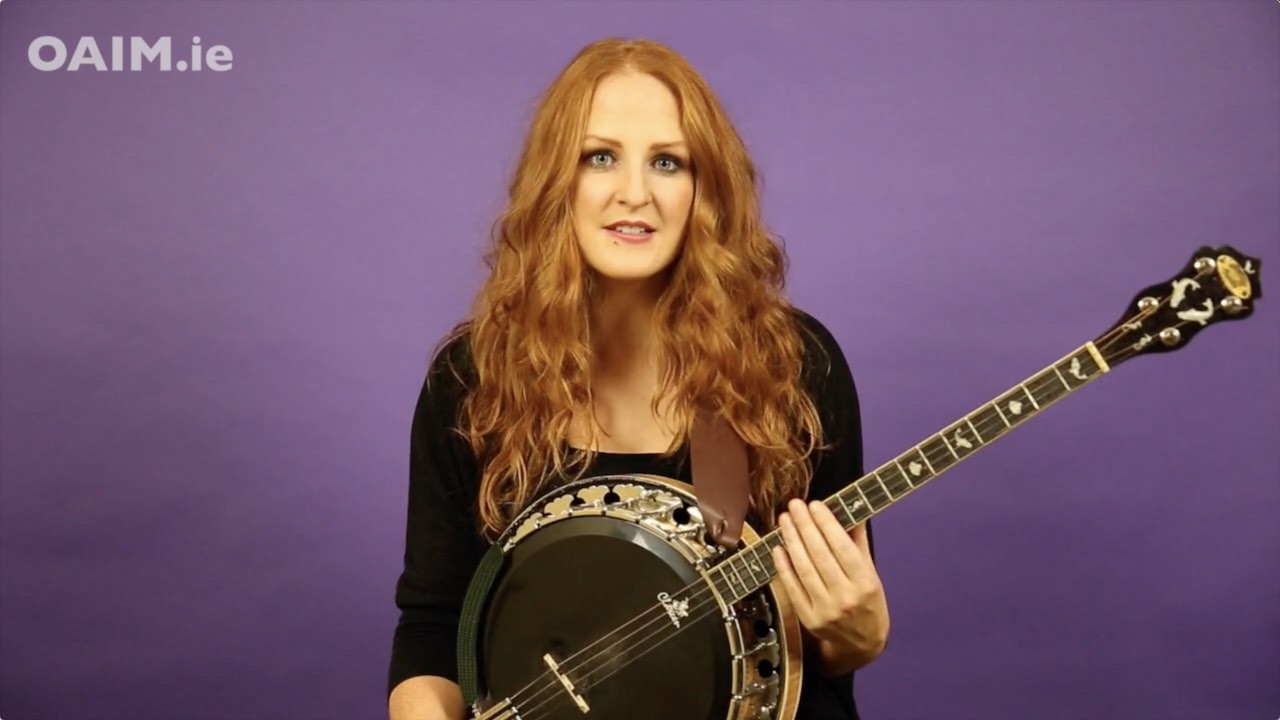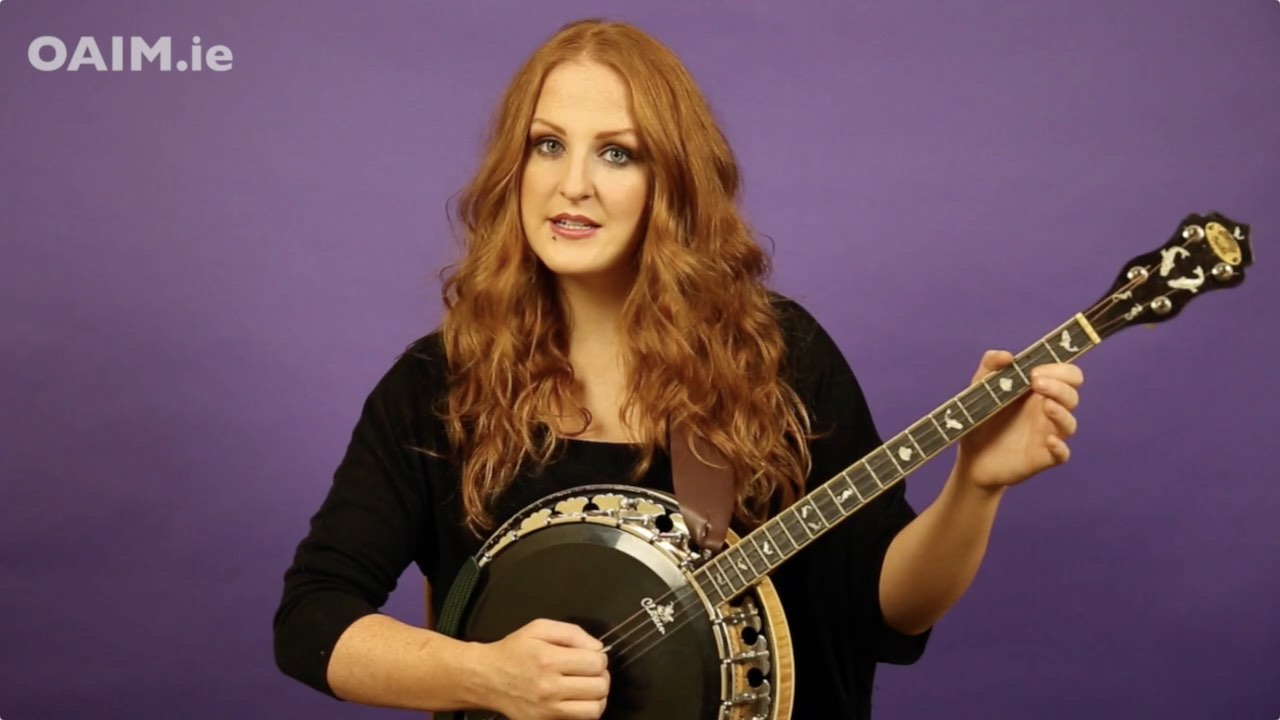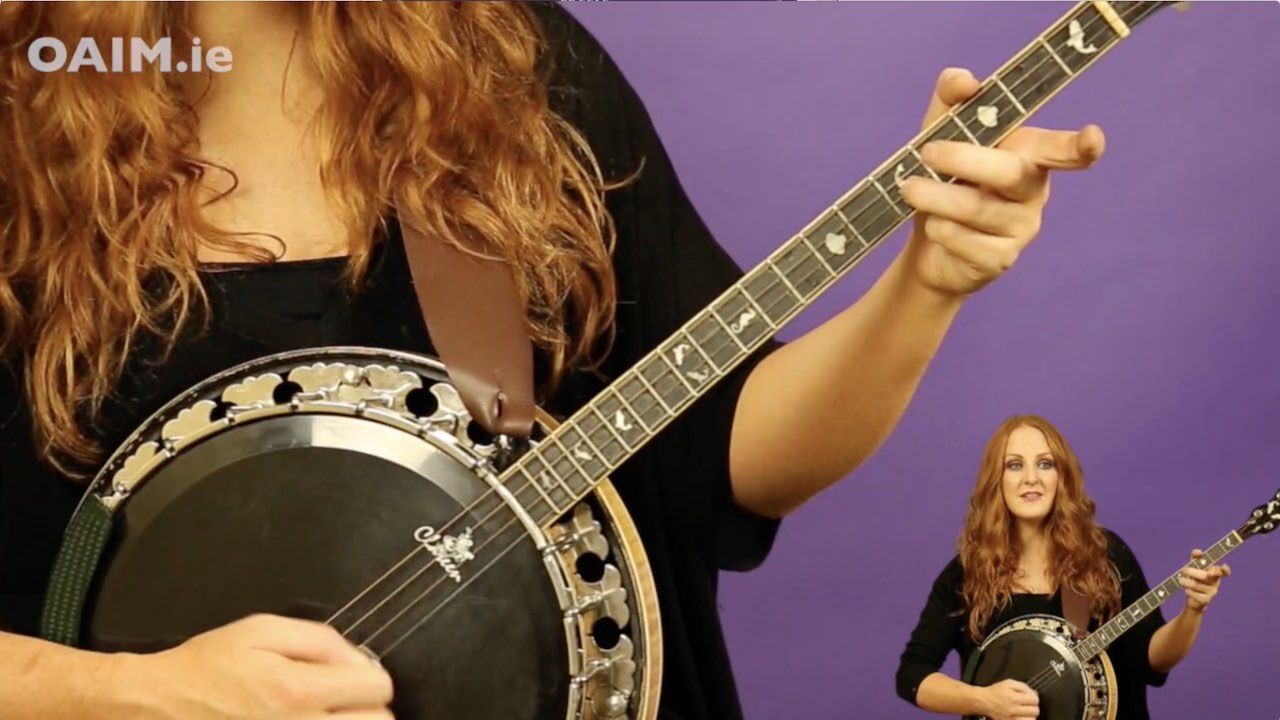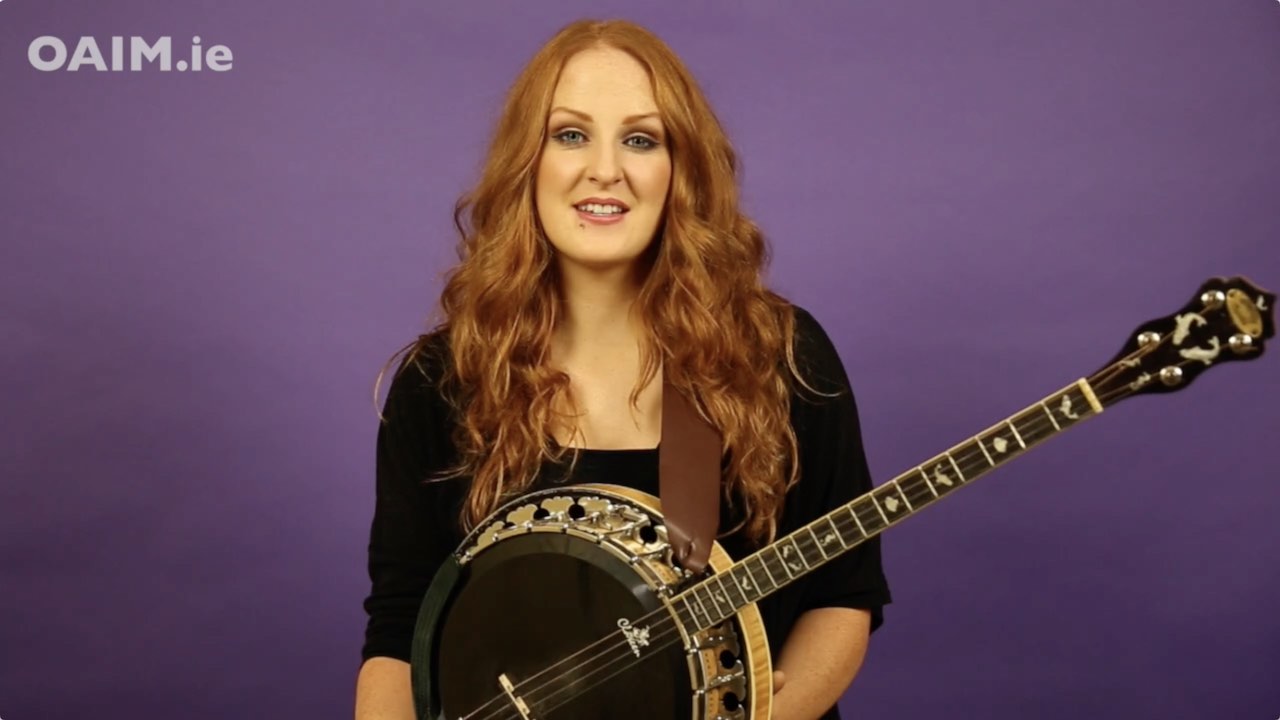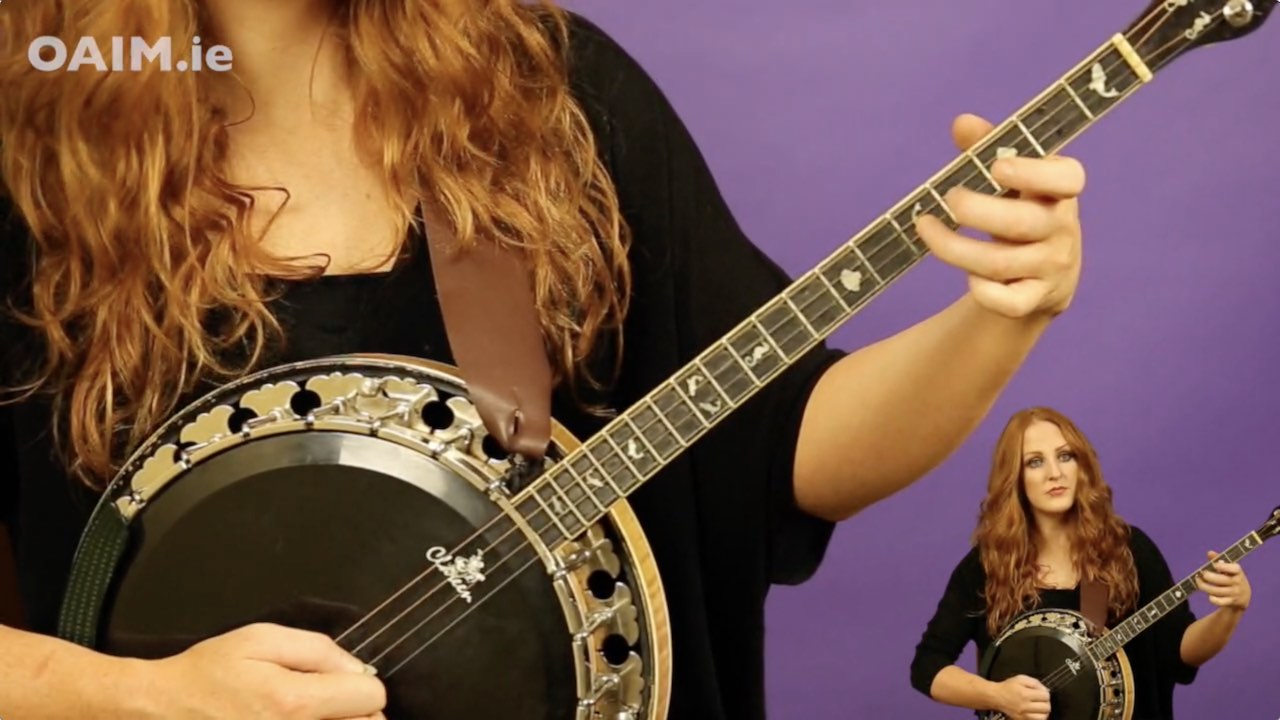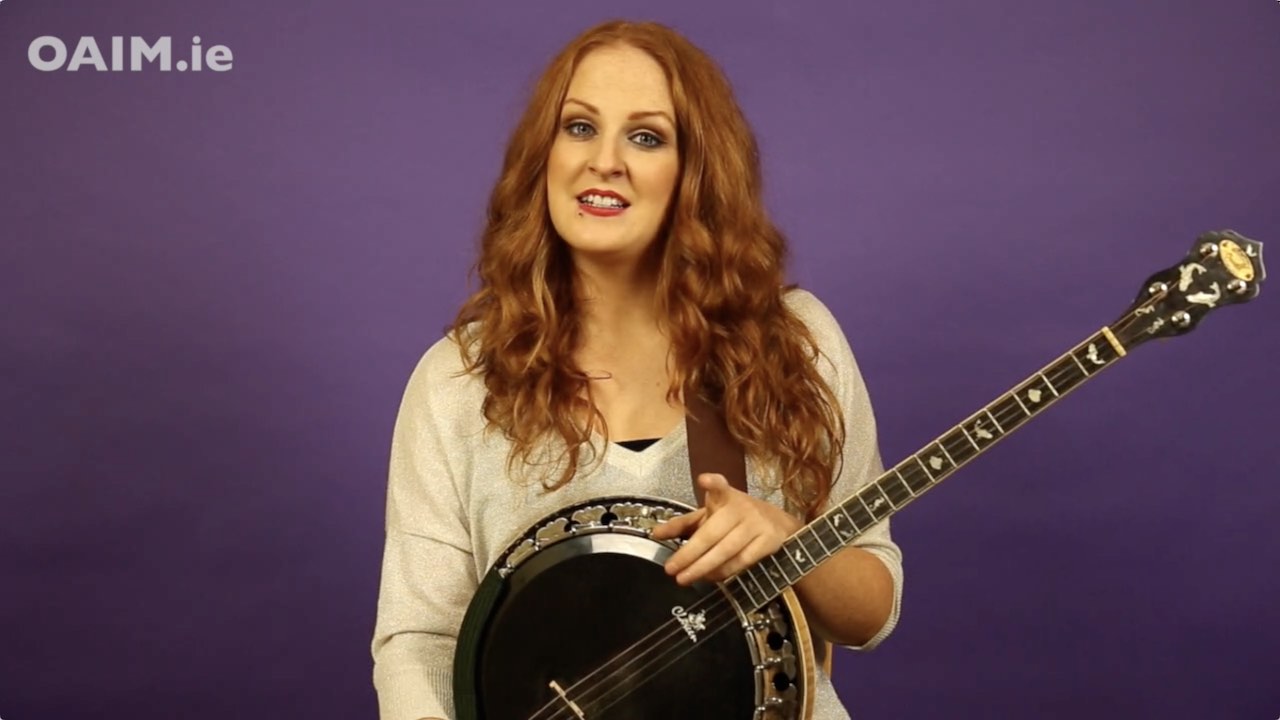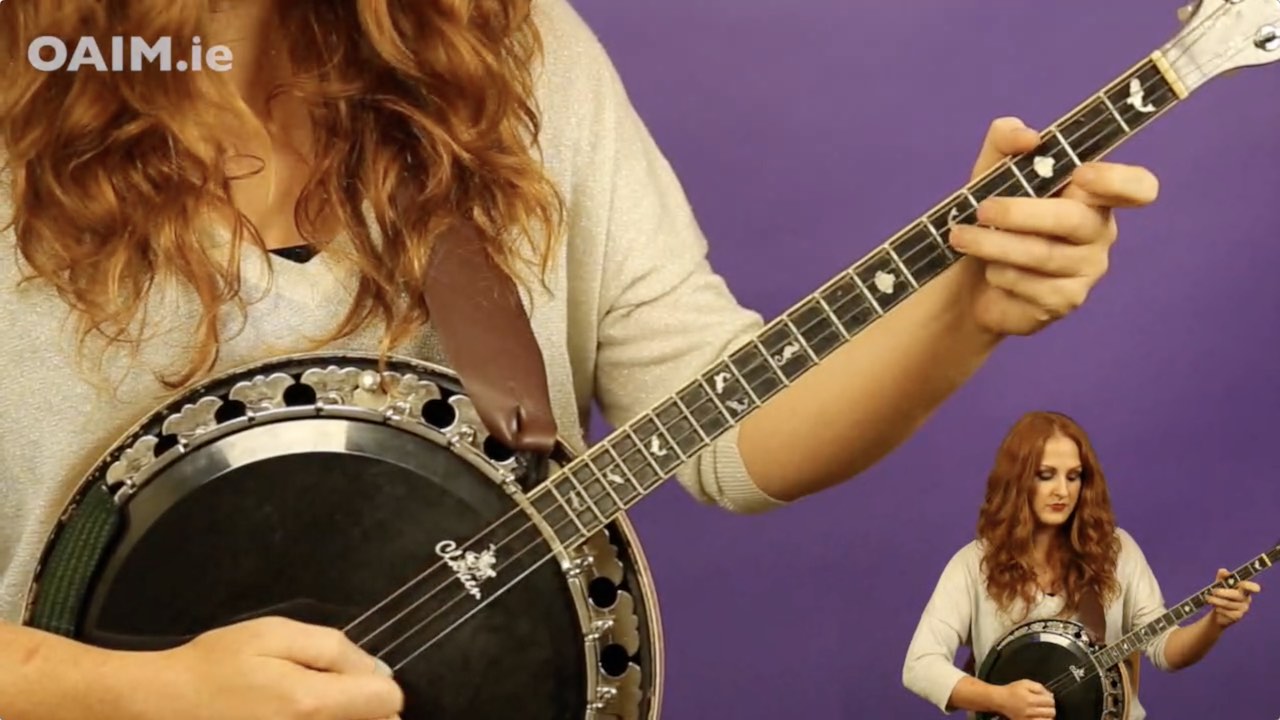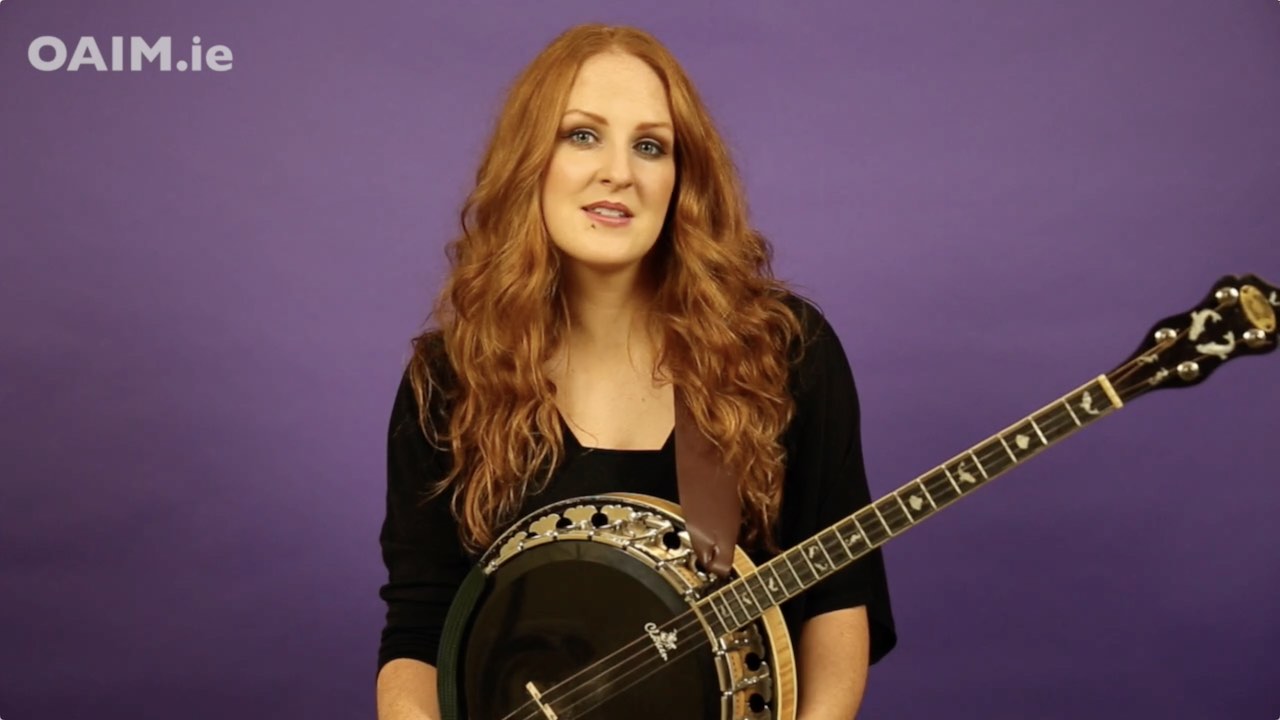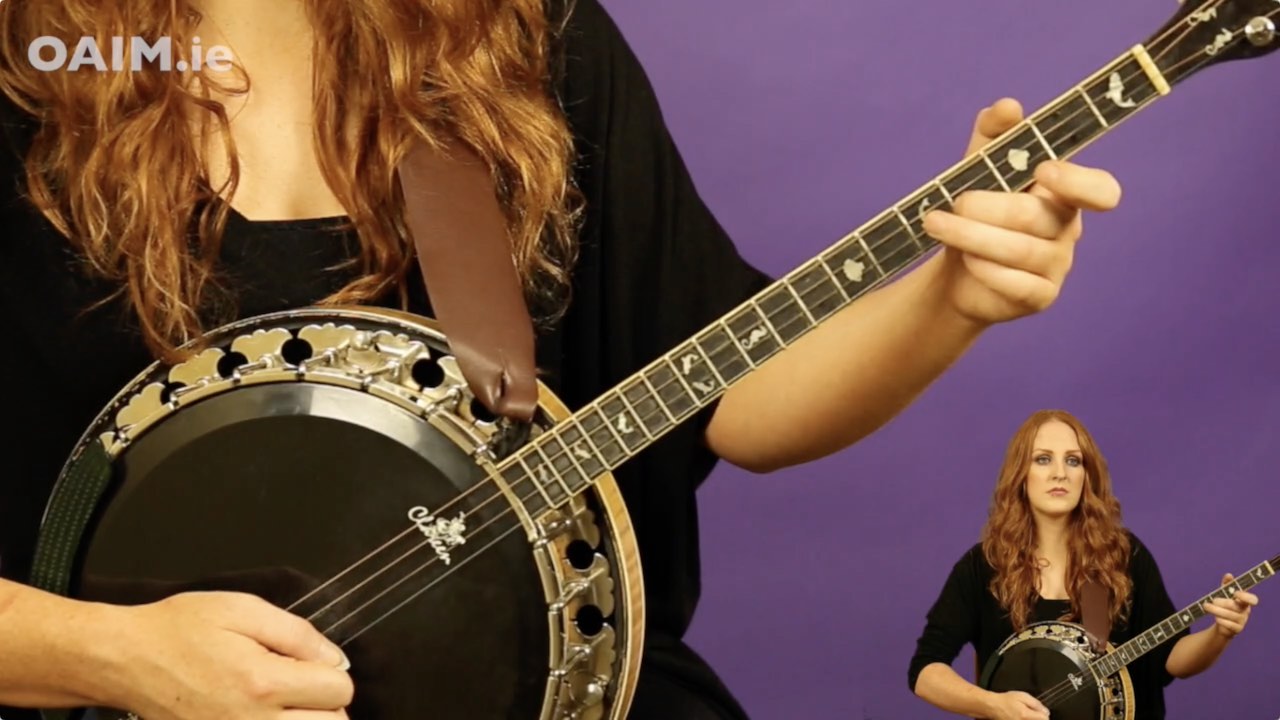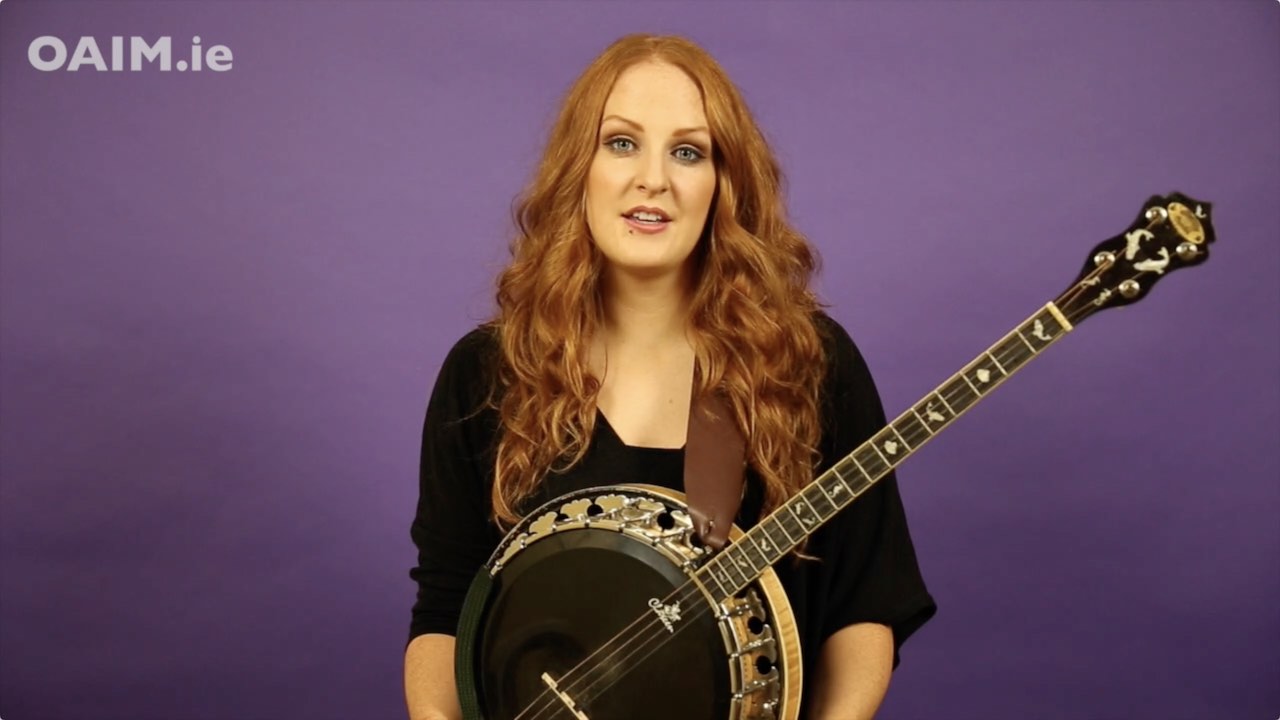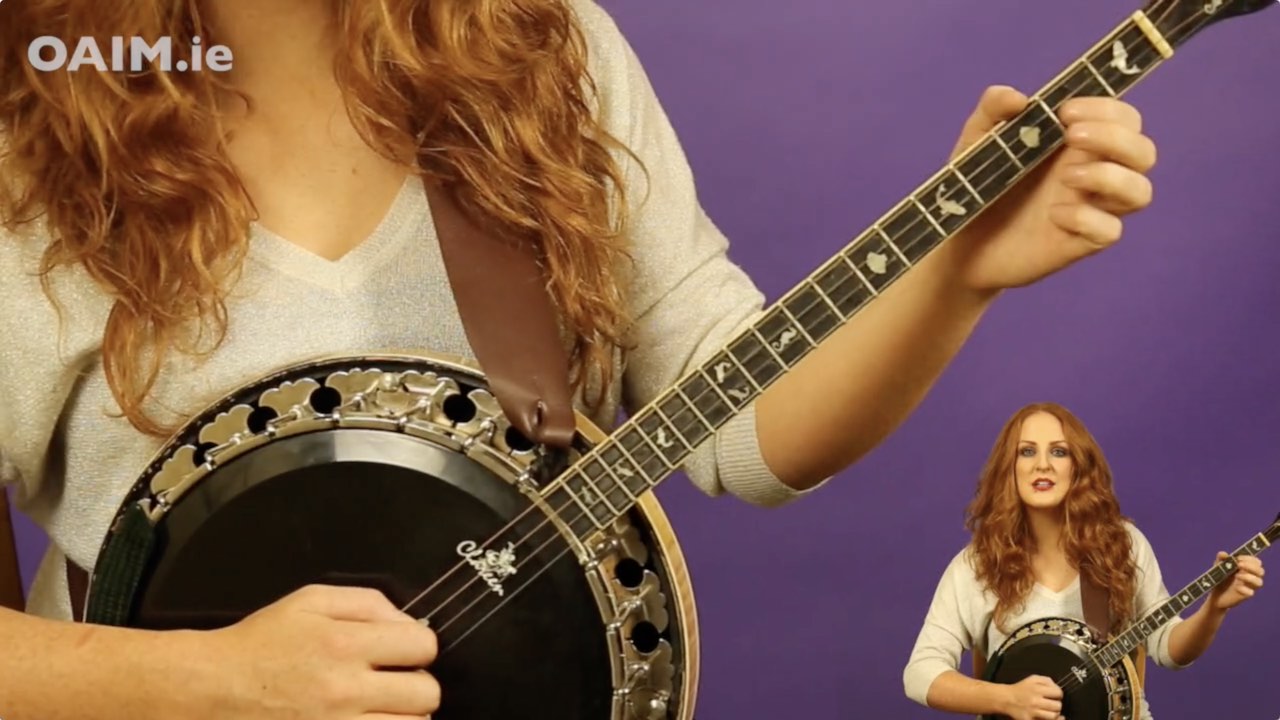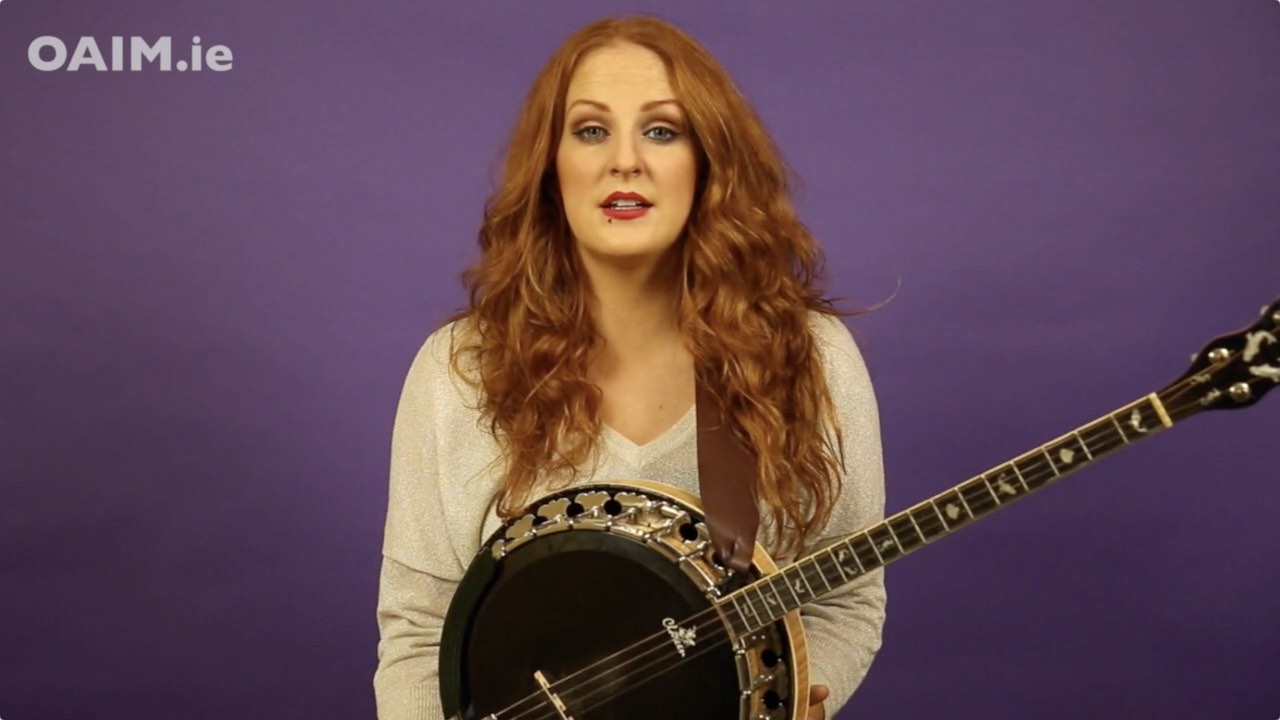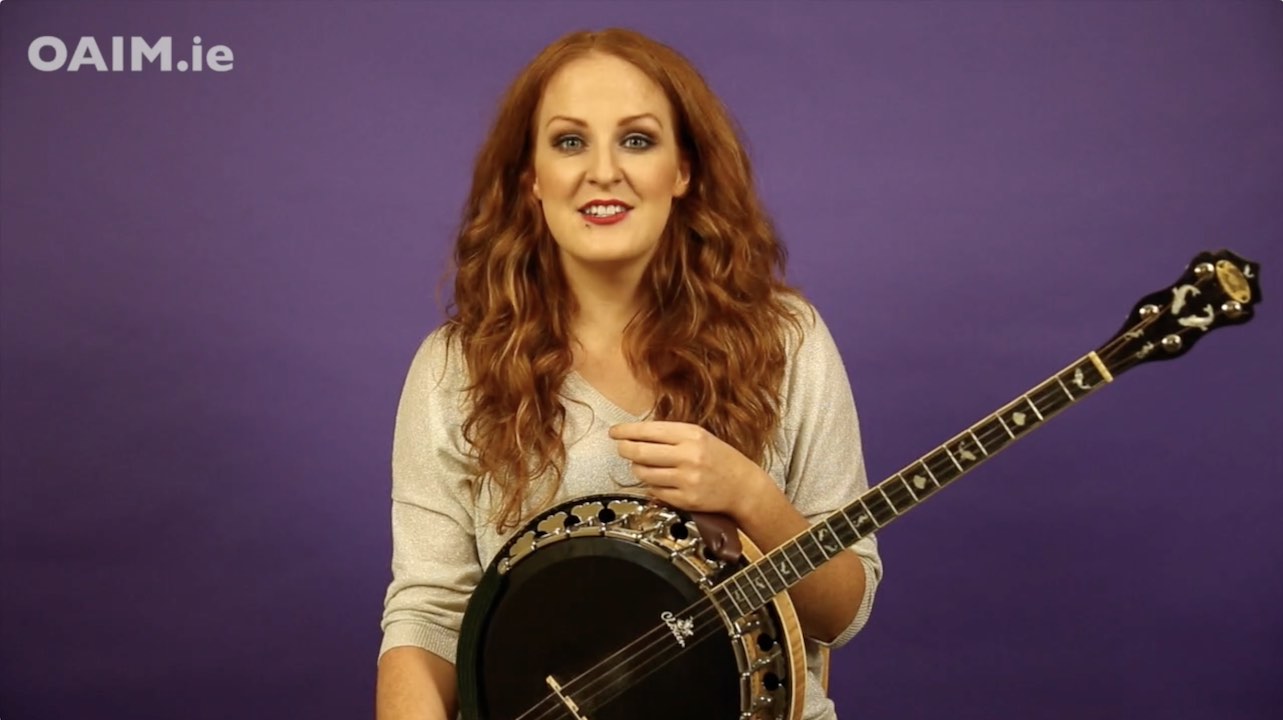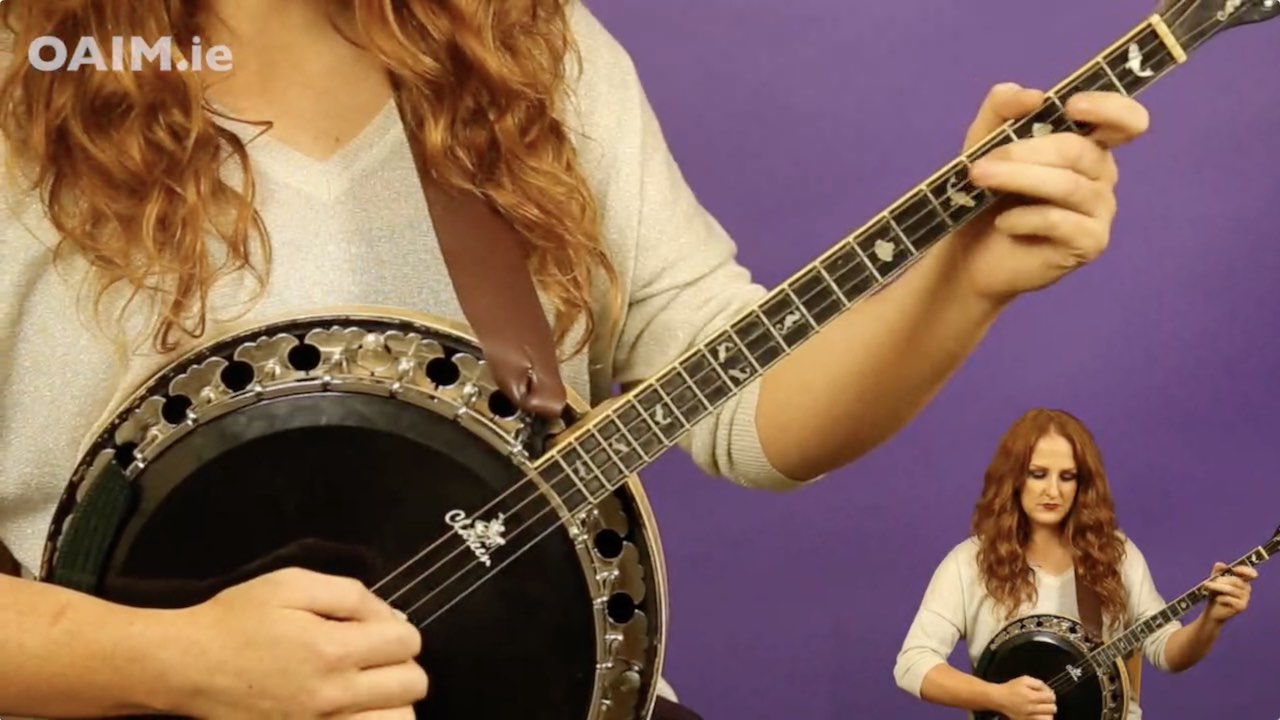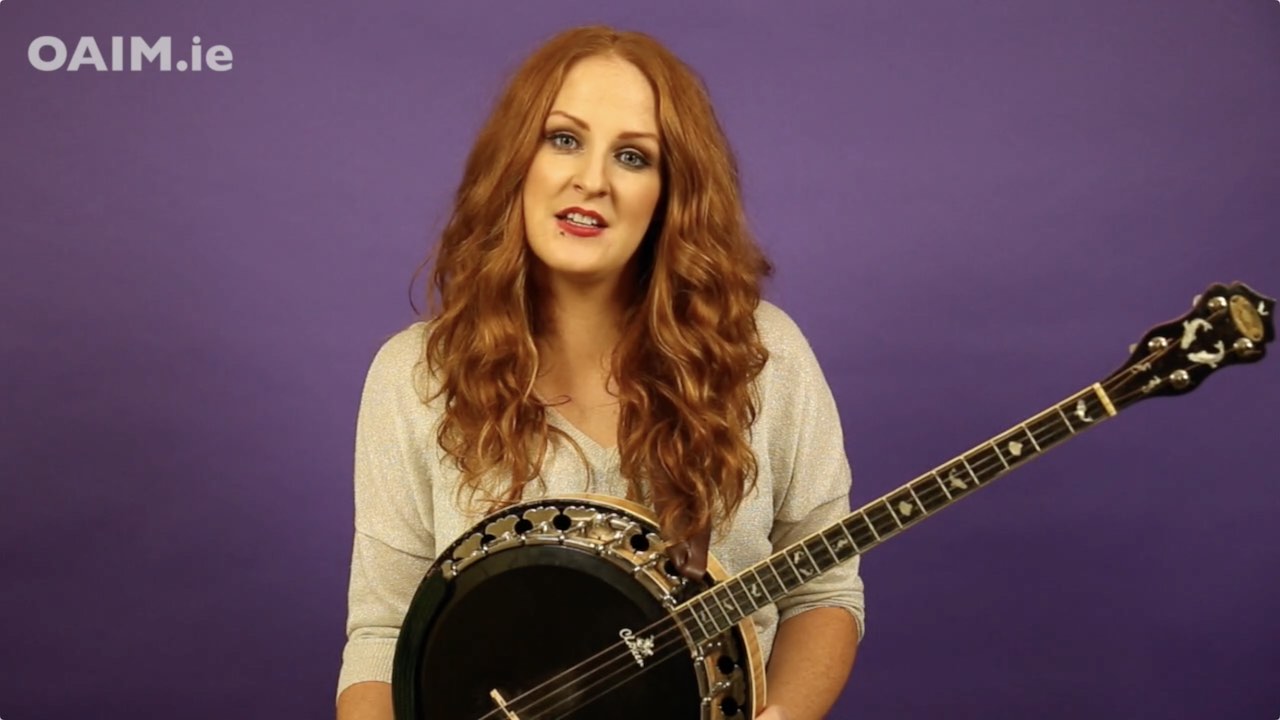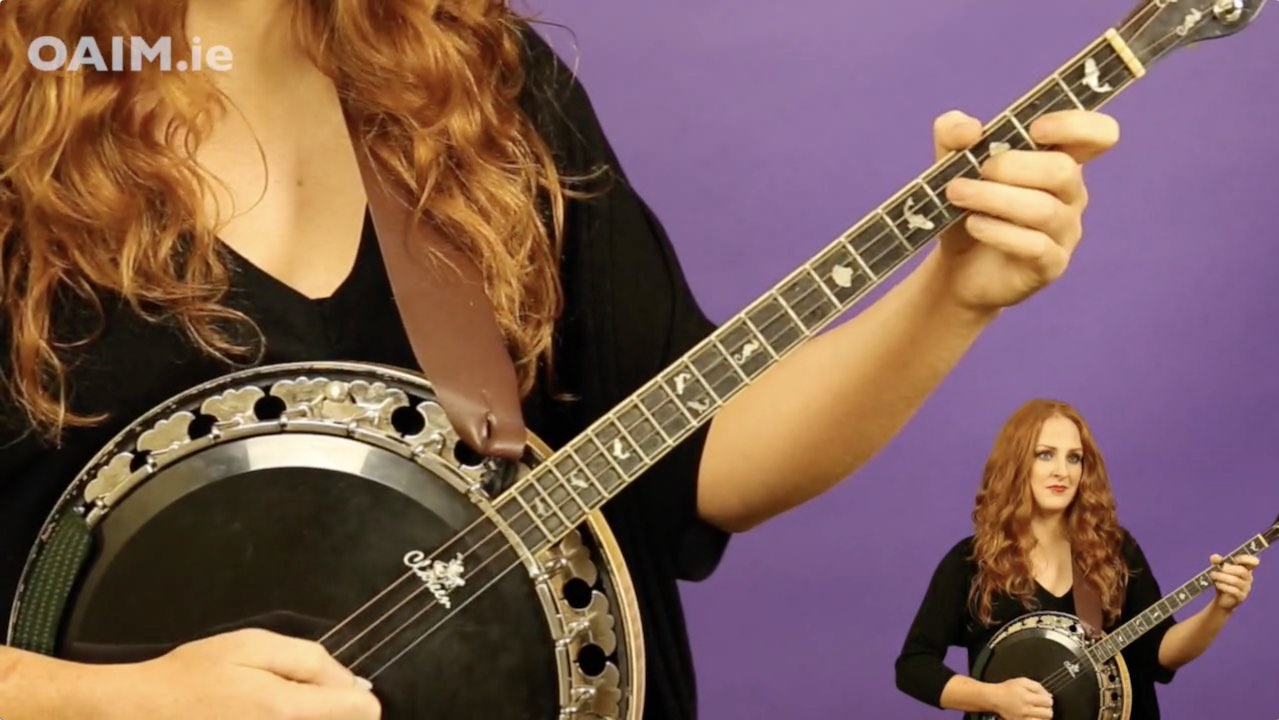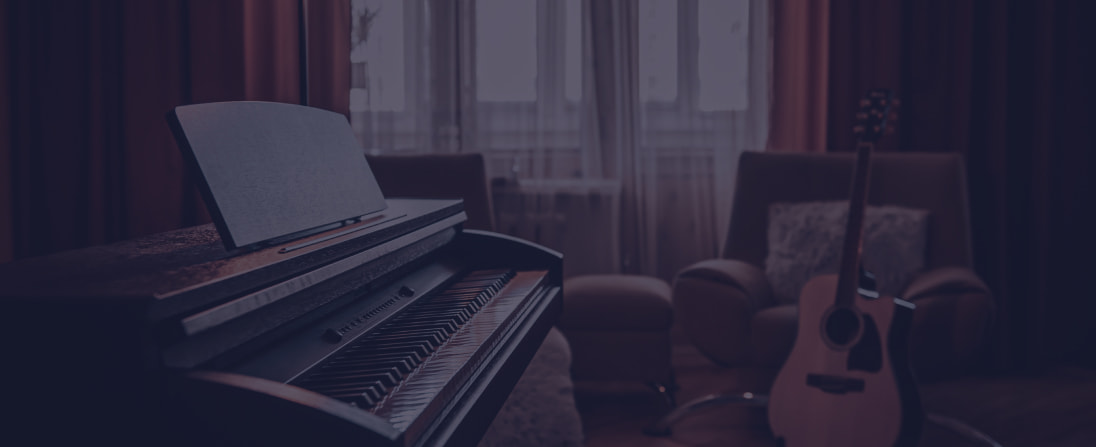Banjo Lessons Online
The banjo isn’t the first instrument one would associate with Irish music. It wasn’t until the early ‘60s that the banjo really found its own among the traditional music community when Barney McKenna, founding member of The Dubliners, took it to greater heights and across the globe. Barney retuned the instrument one fourth lower to coincide with fiddle tuning (GDAE) and developed a technique that would be suitable for traditional tunes. The good news is that this course, Banjo Basics, is for absolute beginners to music and the banjo, so it’s never to late to join in the great fun that is banjo playing.
By the end of the course you will have a repertoire of fifteen popular Irish session tunes. The course has 18 lessons, broken into 3 to 4 tutorials each, where tunes are taught phrase by phrase.
Try it for free, Cancel anytime
- 18 lessons teaching how to play 13 very popular Irish tunes
- PDF sheet music & mp3’s to download & keep for each tune
- Progress at your own pace, pause & repeat videos
- Access to 14 instruments, 60+ courses, 1000+ tutorials
- Access on all your devices
- 14-day free trial. Cancel anytime
BONUS!

- Access our Entire Course Catalogue for Every Instrument
- Library of over 150 popular Irish tunes to practice along with
- Virtual Reality Sessions for the unique Irish Pub Session experience – a real treat for the Irish music lover
- Community Forum of students and teachers, all friends with a love of Irish music
